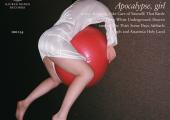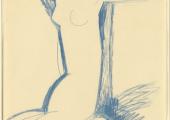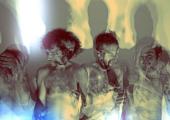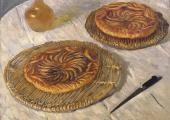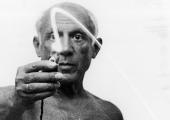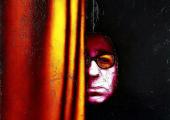Barbara Hepworth, Tate Britain
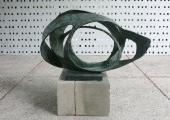
Long-awaited retrospective liberates the sculptor from Henry Moore association
One of the earliest surviving sculptures by Barbara Hepworth is a toad made from a khaki-coloured, translucent stone; you can imagine it cool and heavy in your hand, not so very different from the animal itself, in fact. Made nearly 30 years later, the monumental sculptures carved from African guarea wood are almost unbearably touchable, each one with its dark, glossy exterior cracked open to reveal an inside as creamy as a conker. But while we are denied the pleasure of touching these objects, looking at Hepworth’s work is in itself a gloriously tactile experience.


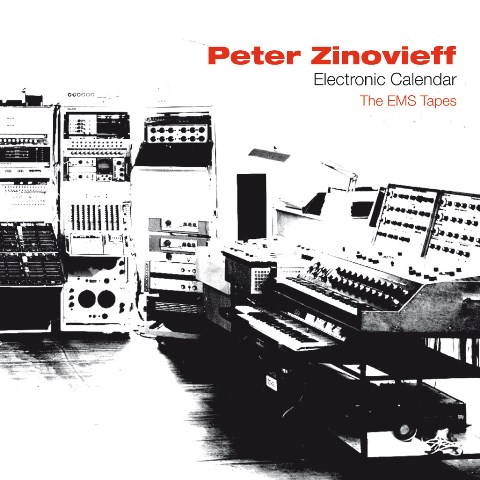 Peter Zinovieff: Electronic Calendar – The EMS Tapes
Peter Zinovieff: Electronic Calendar – The EMS Tapes